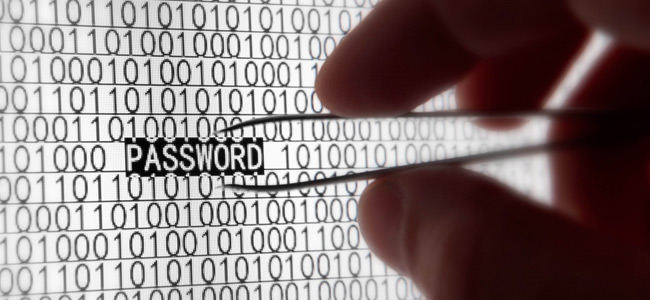Protecting Your Passwords With A VPN
It happens about once a month these days: CNN interrupts their special reports to announce that “Website X” has been hacked!” or “Millions of passwords were stolen!”
Now, we all know that the first topic can be laughable at times since the hacked websites usually just amounts to nothing more than defacement, but the second topic isn’t anything to laugh about. After all, it’s about your privacy.
This past August, a group of Russian spammers were blamed for stealing more than a billion passwords. Prior to that, websites such as Google, Siemens, Gamiga, ExxonMobile, E-Harmony and more have all announced at times that their security was breached and their users’ login data was stolen. Prior to the billions of passwords being stolen, there were announcements made every few months that millions of other passwords had been compromised.
There is a real way to protect yourself from this. The oldest tried-and-true method is in maintaining a strong password. Obviously that means not creating a password like “password” or “12345”. It means alphanumeric sequences that are never used for different accounts and don’t have anything to do with the user’s other details. But even a strong password isn’t enough to thwart the best attempts at cracking it.
That’s where services like VPN Zoom can come in. Using virtual private networking services is a surefire way to conduct your online business with safety, security and peace of mind. Our service creates a layer of encryption on the Internet that everyone should be using. When you are connected to our VPN service your login information is encrypted as it passes over the Internet lines. Encryption prevents man in the middle attacks and packet sniffing.
Basically if you are using a public WiFi network at your local Starbucks and someone on that network is capturing Internet traffic… They won’t be able to see your login credentials as it will be masked.
By using VPN Zoom, you’re taking the necessary steps to protect your identity, which means that the next time CNN or other media outlets report about someone’s login information being stolen, you can rest assured that it wasn’t yours.

